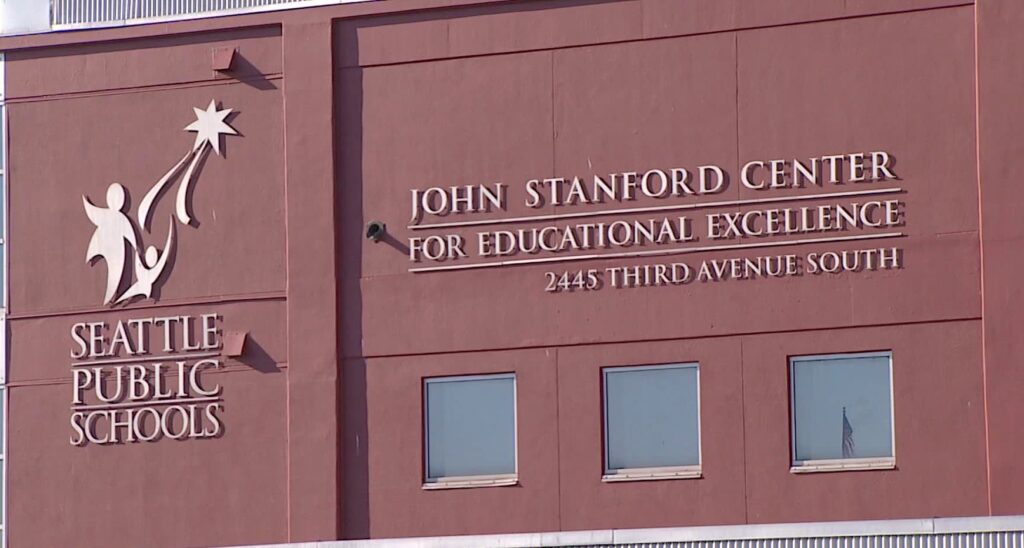How Seattle Public Schools’ use of ‘social identity wheels’ could violate federal law
(The Center Square) – The Seattle Public Schools District says activities requiring students to provide information protected by federal and state law do not violate the statutes as long as…

(The Center Square) – The Seattle Public Schools District says activities requiring students to provide information protected by federal and state law do not violate the statutes as long as teachers do not store the information without parental consent.
Seattle Public Schools has defended its use of “social identity wheel” handouts in which students are asked to reflect on their “privilege” based on income, race, mental health, sexual identity and religion. Federal and state laws prohibit schools from asking students for that information without approval from parents
Chalkboard News reported in February that SPS taught students about race, privilege and gender for Black Lives Matter at School week. Some of that instruction included using privilege or social identity wheels, which asked students to chart their privilege based on personal characteristics. (Chalkboard is published by The Franklin News Foundation, which also publishes The Center Square.)
The school district did not respond to Chalkboard’s request for comment about the legality of using social identity wheel handouts and their use in class.
A federal statute called the Protection of Pupil Rights Amendment prohibits schools from requiring students “to submit to a survey, analysis, or evaluation that reveals information” including political affiliations or beliefs, sex behaviors, mental or psychological problems, religious practices or affiliations and income without consent from parents if the student is not emancipated.
One privilege and identity wheel handout directs students: “Take a few minutes to fill out the categories below, in order to create a map of how the intersecting parts of your identity result in privilege and oppression.”
According to the worksheet recommended by the district, students are supposed to map out their gender, sexuality, mental health, religion and class, as well as other social identity factors like education, nationality, age, language, physical ability and community support.
“The more privileged you are by an aspect of identity, the closer to the centre of the wheel your marker will be,” that handout reads. “You can also think of the wheel as reflecting exclusion nearer the edge of the wheel, and inclusion closer to the centre.”
State statutes, such as Section 392-500-030 of the Washington Administrative Code also prohibit schools from inquiring about religious affiliation in specific instances.
“No written or oral test, questionnaire, survey, or examination shall be used to elicit the personal beliefs or practices of a student or his parents as to religion except with the written consent of parent or guardian,” the rule reads.
After a challenge by a concerned parent, SPS determined it would continue to use the wheel handouts and acknowledged that if teachers collect completed handouts, it would violate federal law.
“The Social Identity Wheel has been commonly used in Seattle Public Schools as well as other school districts for several years and is an appropriate tool to encourage students to reflect on different aspects of their identity,” wrote Caleb Perkins, director of college and career readiness at SPS.
“It is consistent with state and district guidelines on how to talk about identity with students,” Perkins continued in an email obtained by Chalkboard, explaining the decision of the district’s ad hoc instructional materials committee on the identity wheels.
The committee of two district administrators found that if teachers were to collect the responses from students, they would run afoul of the federal law protecting pupils and requiring parental approval, according to Perkins’ email.
“While using the Social Identity Wheel is an appropriate resource in a classroom, teachers should not collect responses from students to the questions included on the wheel without providing notice and an opt-out opportunity per the Protection of Pupil Rights Amendment,” Perkins wrote.
Perkins said that because of the committee’s determination, the district will tell principals to advise teachers “not to collect responses when using the Social Identity Wheel without providing notice and an opt-out opportunity.”



